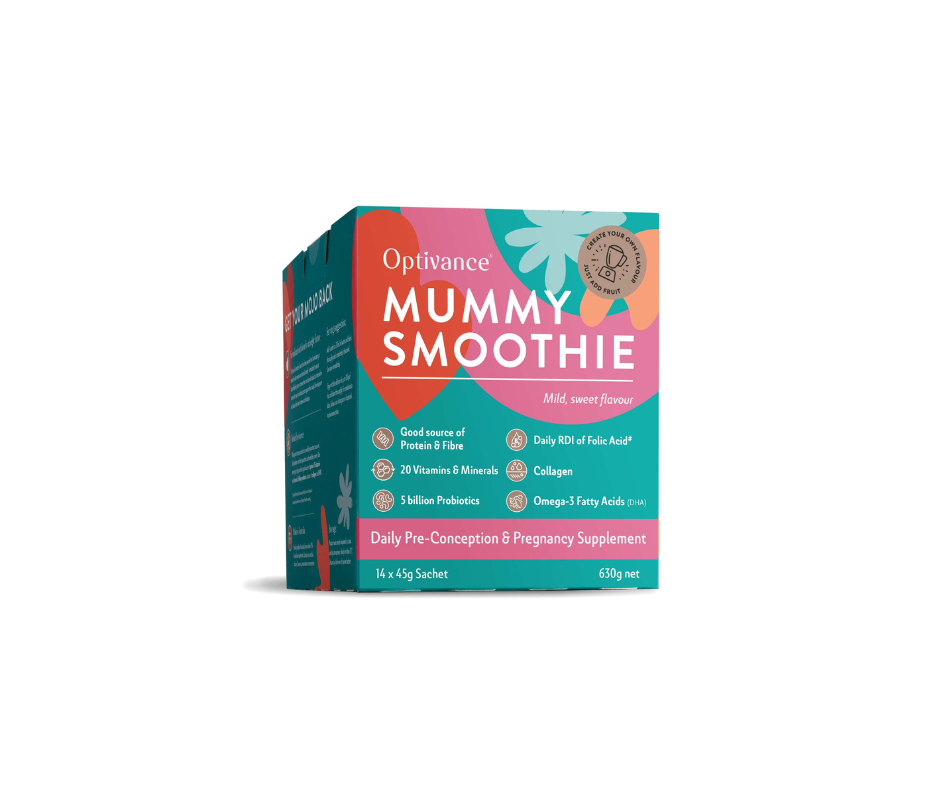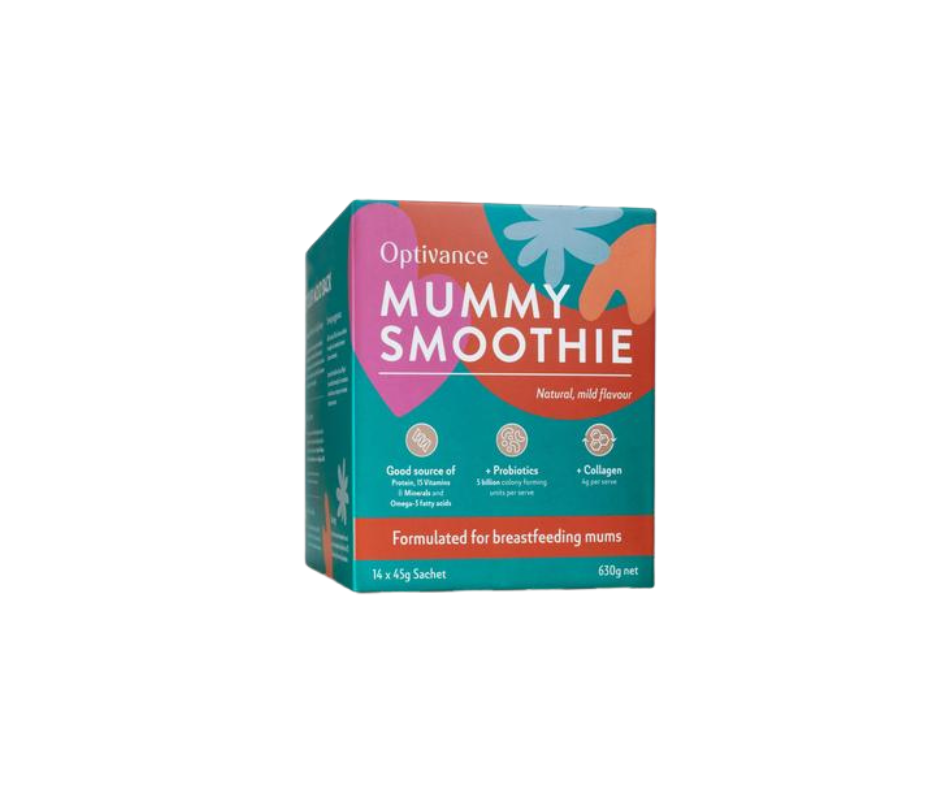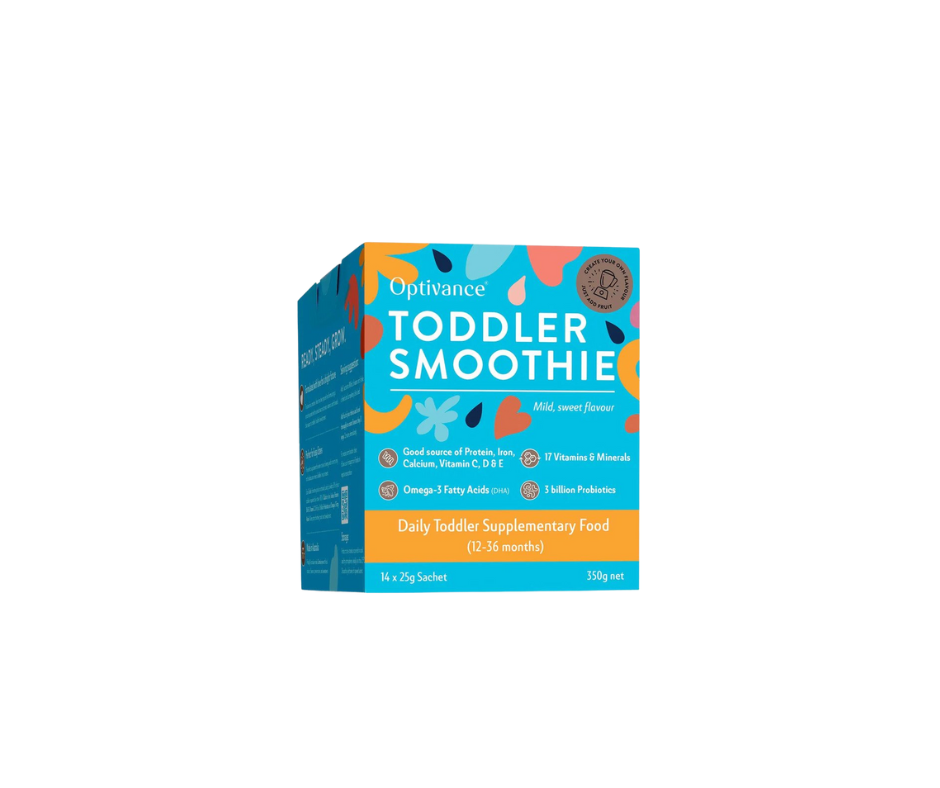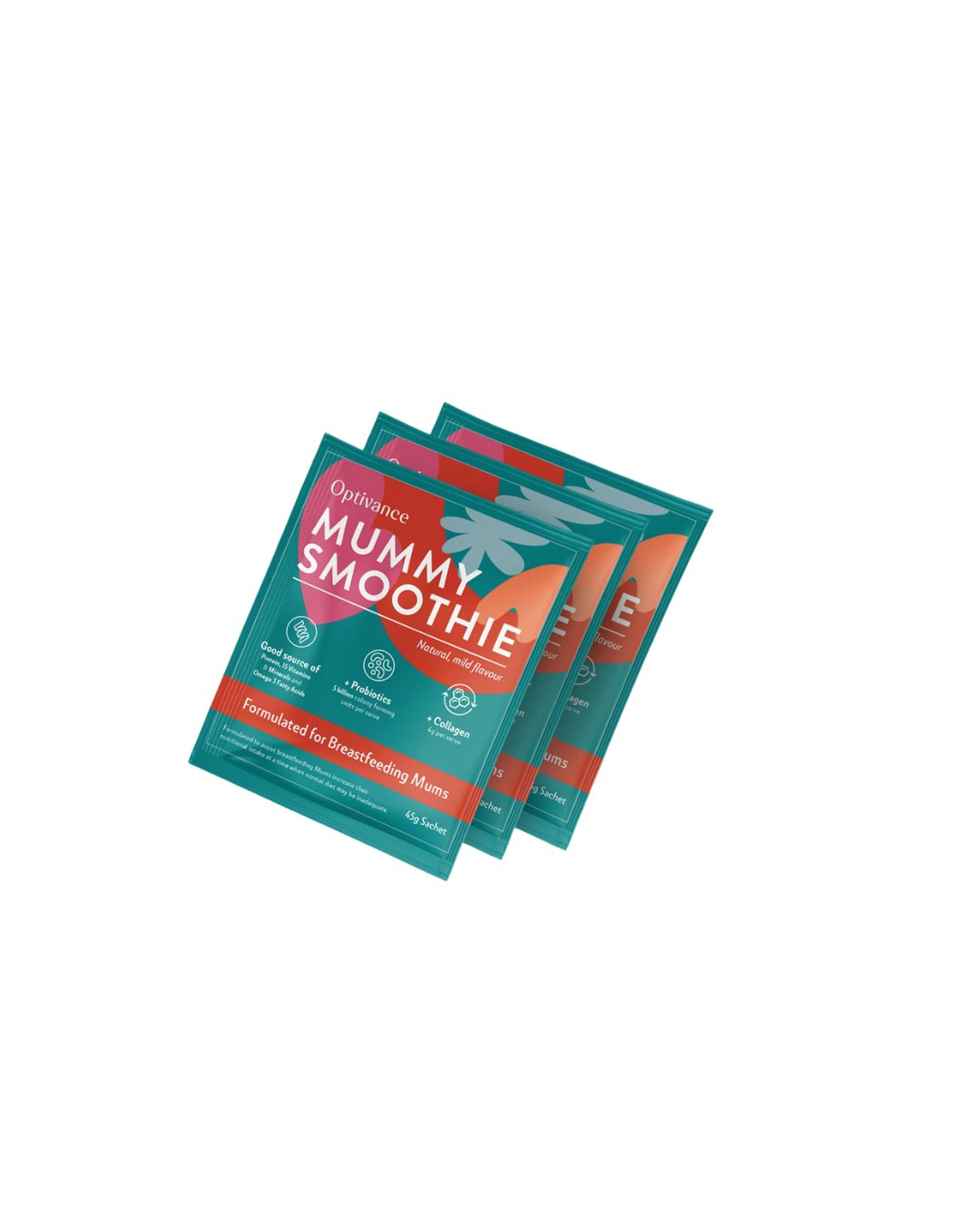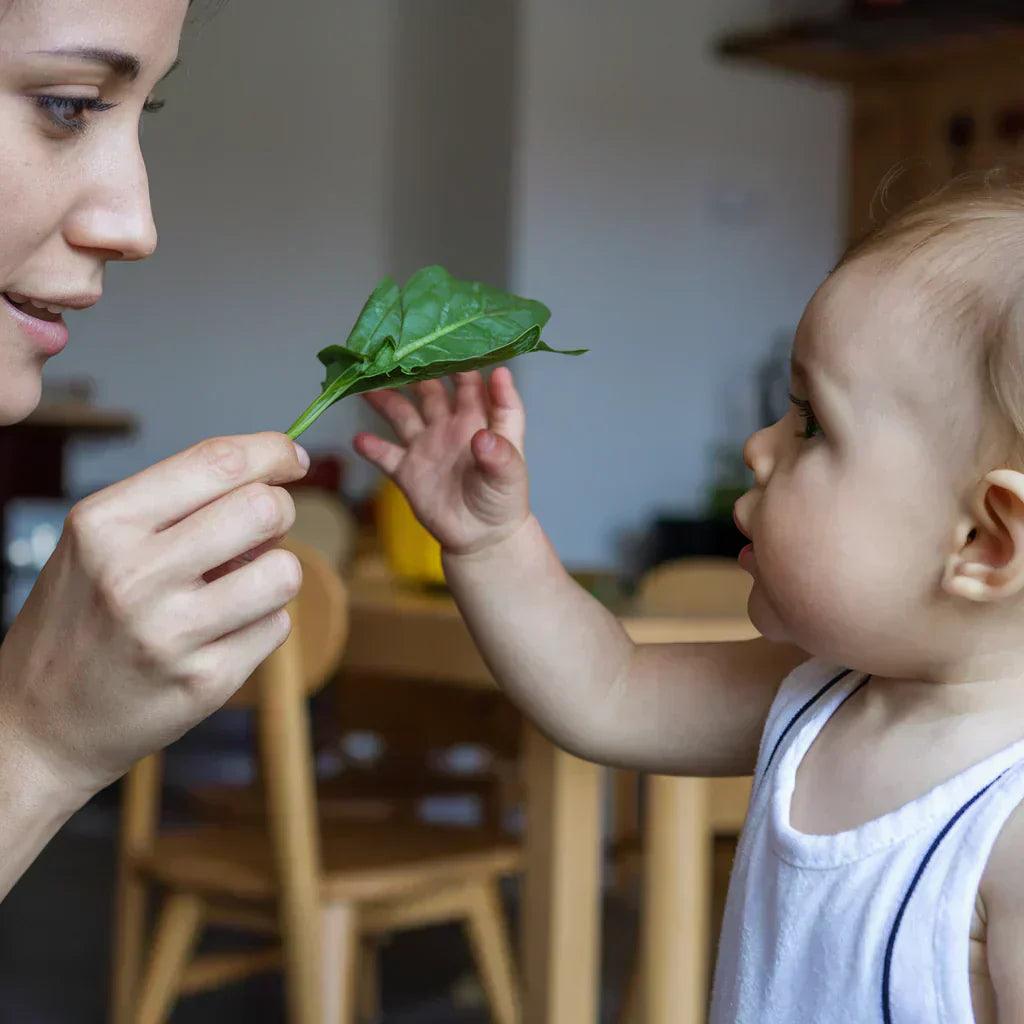Understanding Vitamins & Nutrition for Toddlers
Ensuring toddlers receive proper nutrition is crucial for their growth, development, and overall health. In this guide, we will explore the importance of vitamins and nutrition for toddlers, including practical tips for parents dealing with fussy eaters, and the role of supplements. This comprehensive overview will help you understand the essential nutrients your child needs and how to incorporate them into their diet.
The Importance of Vitamins and Nutrition for Toddlers
Vitamins and minerals play a vital role in the healthy development of toddlers. During this stage, children experience rapid growth and require adequate nutrients to support physical and cognitive development. A balanced diet rich in essential vitamins and minerals can:
- Support Immune Function: Nutrients like vitamin C and zinc help strengthen the immune system, reducing the frequency and severity of infections.
- Promote Bone Health: Calcium and vitamin D are crucial for developing strong bones and teeth.
- Enhance Cognitive Development: Omega-3 fatty acids and iron contribute to brain development, improving concentration and learning abilities.
Key Vitamins and Minerals for Toddlers
To ensure your toddler receives the necessary nutrients, focus on including the following vitamins and minerals in their diet:
- Vitamin A: Essential for vision and immune function. Found in carrots, sweet potatoes, and leafy greens.
- Vitamin C: Important for skin health and immune support. Sources include citrus fruits, strawberries, and broccoli.
- Vitamin D: Aids in calcium absorption for bone health. While sunlight is a natural source, foods like fortified milk and eggs also provide vitamin D.
- Calcium: Crucial for bone development. Dairy products, fortified plant milks, and tofu are good sources.
- Iron: Vital for oxygen transport in the blood. Found in meats, beans, and fortified cereals.
- Omega-3 Fatty Acids: Important for brain development. Available in fatty fish like salmon, chia seeds, and walnuts.
Dealing with Fussy Eating
Many parents face the challenge of fussy eating during the toddler years. This can make it difficult to ensure a balanced diet. Here are some strategies to encourage healthy eating habits:
- Offer a Variety of Foods: Introduce different fruits, vegetables, grains, and proteins. Repeated exposure can help toddlers accept new foods.
- Create a Positive Mealtime Environment: Avoid pressure and create a calm atmosphere during meals. Praise healthy eating rather than punishing picky behaviour.
- Involve Toddlers in Food Preparation: Engaging children in cooking can increase their interest in trying new foods.
- Use Fun and Creative Presentations: Make meals visually appealing. Use cookie cutters for fun shapes or create colourful plates.
Supplementing Toddler Diets with Optivance Toddler Smoothie
While a balanced diet should ideally meet all nutritional needs, some toddlers may require supplements, especially if they have dietary restrictions or are particularly picky eaters. The Optivance Toddler Smoothie is an excellent choice for ensuring toddlers get the nutrients they need. This supplement is particularly beneficial for fussy eaters, providing a comprehensive nutritional boost that supports growth and development.
The Optivance Toddler Smoothie includes:
- Milk Protein: Essential for muscle growth and repair.
- Multivitamins: A broad spectrum of essential vitamins that cover nutritional gaps.
- Faba Bean Protein: A high-quality plant-based protein, easily digestible and supporting muscle and tissue development.
- Omega-3: Crucial for brain development and cognitive function.
- Kelp Powder: A natural source of iodine, supporting thyroid function.
- Organic Barley Grass Powder: Rich in vitamins, minerals, and antioxidants.
- Lutein: Supports eye health.
- Probiotics: Promote digestive health and a balanced gut microbiome.
This smoothie can be consumed on its own or mixed with other foods, making it versatile and easy to integrate into daily meals. It is especially useful for parents looking for a convenient and effective way to supplement their child’s diet. For more information, check out the Optivance Toddler Kit and Smoothie Samples.
Pros and Cons of Using Toddler Supplements
|
Pros |
Cons |
|---|---|
|
Ensures adequate intake of essential vitamins and minerals |
May lead to over-reliance, neglecting the importance of a balanced diet |
|
Convenient for busy families |
Possible risk of exceeding recommended daily allowances |
|
Helpful for children with dietary restrictions |
Can be costly |
Additional Toddler Nutrition
Parents and experts often recommend checking reputable sources for guidance on toddler nutrition. Websites like Raising Children Network and Royal Children's Hospital offer valuable information on feeding practices and nutritional requirements.
Toddler Nutrition FAQs
- What are the signs of vitamin deficiency in toddlers? Common signs include fatigue, slow growth, frequent infections, and skin issues. Consult a doctor if you notice these symptoms.
- Can toddlers get all their nutrients from food alone? Yes, a well-balanced diet typically provides all necessary nutrients. However, supplements can be useful in certain cases.
- How can I encourage my toddler to eat more vegetables? Try mixing vegetables into favourite dishes, offering them in different forms (raw, cooked, pureed), and being a role model by eating them yourself.
- Are there any risks associated with giving toddlers vitamin supplements? Over-supplementation can lead to toxicity. It's important to follow dosage recommendations and consult a healthcare provider.
- How much vitamin D does a toddler need daily? The recommended daily intake varies, but generally, toddlers need about 5 micrograms of vitamin D.
- Is it safe to give my toddler a multivitamin? Consult with a healthcare provider to determine if a multivitamin is necessary and safe for your child.
- What are the best sources of iron for toddlers? Meat, beans, lentils, and fortified cereals are excellent sources of iron.
- How can I tell if my toddler is getting enough calcium? Signs of calcium deficiency can include muscle cramps, irritability, and brittle nails. Ensure they consume calcium-rich foods like dairy or fortified plant milks.
- Should I worry if my toddler refuses to eat certain foods? It's common for toddlers to have food preferences. Offer a variety of foods and be patient; avoid forcing them to eat.
- What are the benefits of omega-3 fatty acids for toddlers? Omega-3s support brain development, improve cognitive function, and contribute to overall health.
For more products and resources, visit Optivance's Toddler Kit or explore their Smoothie Samples for nutritious options.
Check out some of our delicious smoothie recipes, designed to incorporate all the necessary nutrients and vitamins you need in your motherhood journey:
About the Author
Kristy Petersen is a passionate nutritionist specialising in gut health and children’s nutrition. With years of experience, she is dedicated to helping families achieve optimal health through balanced dietary practices.
Learn more about Kristy here


